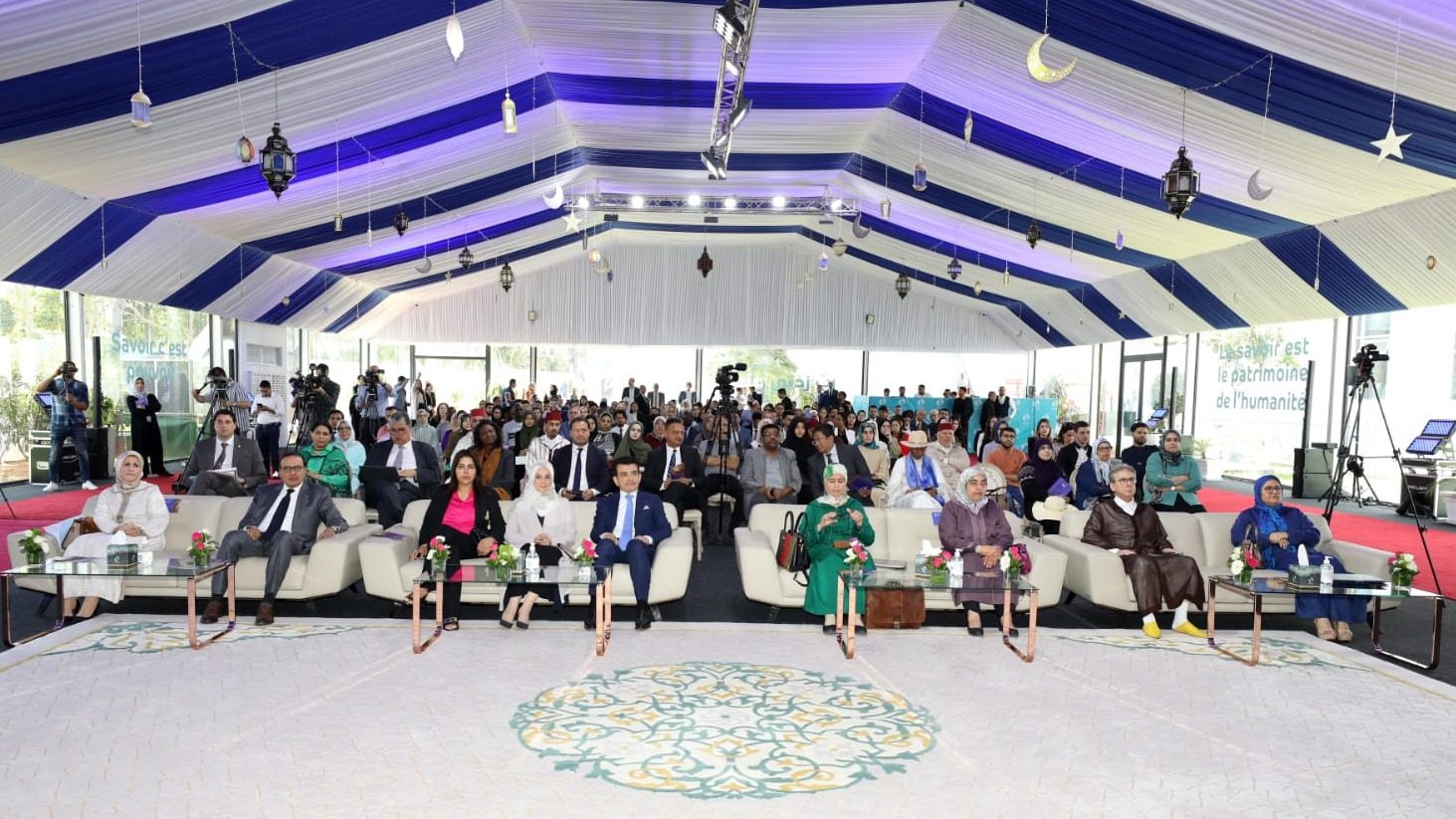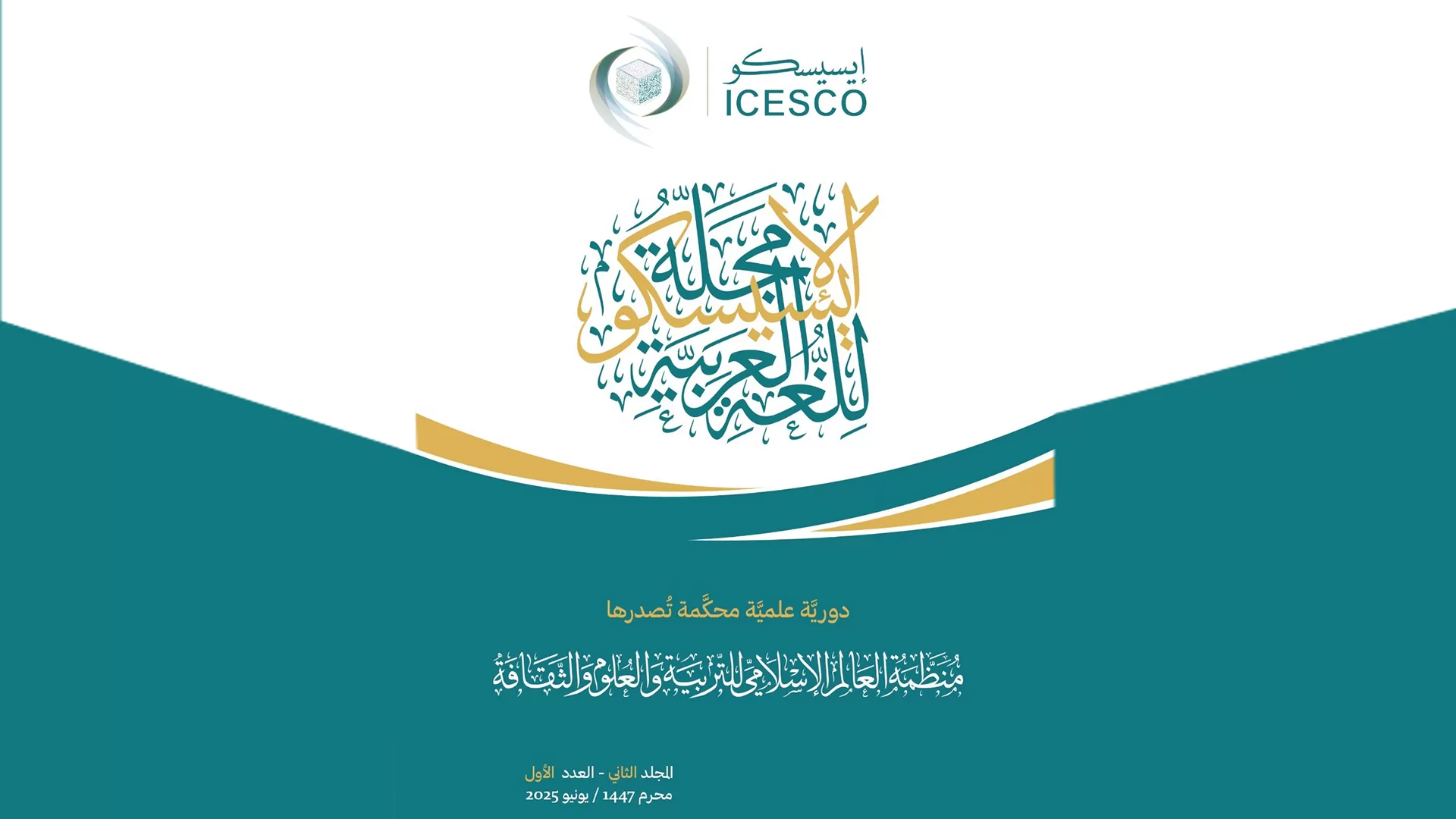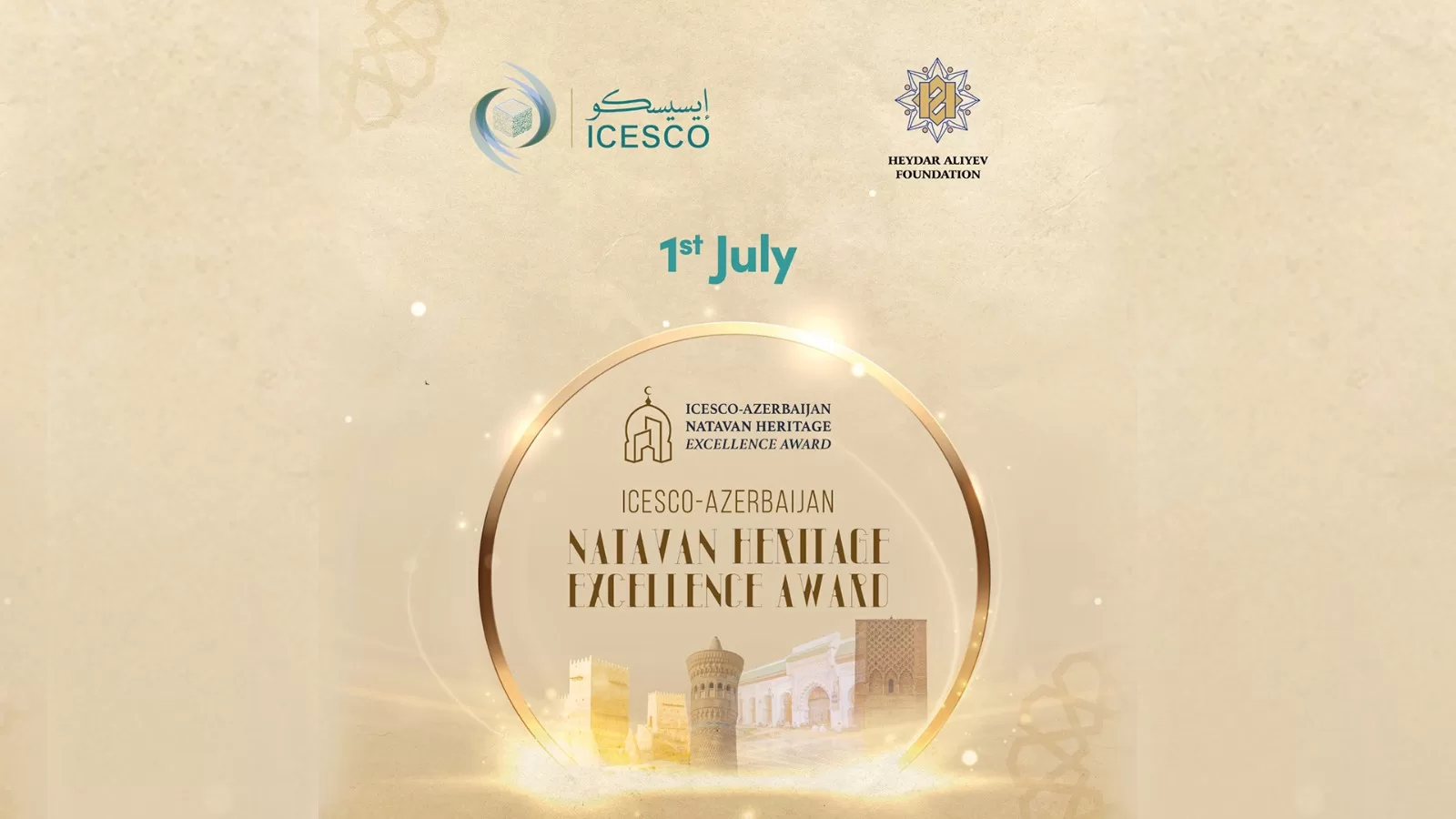
ICESCO Holds Symposium on Mothers of Believers and Their Roles in Conveying Islam

13 April 2023
The headquarters of the Islamic World Educational, Scientific and Cultural Organization (ICESCO) saw the organization of a scientific and cultural event to explore the biography of the Mothers of the Believers, draw lessons from the Prophet Muhammad’s wives (PBUH) virtues and evoke the greatness of their roles in supporting the Prophet and conveying his message.
The Symposium, which witnessed distinguished attendance, started on Wednesday, April 12, 2023, with the recitation of verses from the Holy Quran, followed by an address of Dr. Salim M. AlMalik, ICESCO Director-General (DG), in which he mentioned the virtues of the Mothers of the Believers, notably the role of Khadija bint Khuwaylid, in calming the fear of the Prophet, (PBUH), the generosity and altruism of Sawda bint Zama, the love of the Prophet for Aisha bint Al-Siddiq, the fluency of Hafsa bint Omar, the kindness of the mother of the needy, Zaynab bint Khuzayma, Umm Salama, the first woman who migrates for the sake of Allah, Zaynab bint Jahsh, whom Allah married His Messenger from above the seven heavens, Juwayriya bint Al-Harith, who is rich in praises, and Maria Al-Qibtiyya, the mother of Ibrahim.

He stressed that ICESCO honors women and takes pride in their roles through several initiatives and that the Symposium draws lessons from the biography of the Mothers of the Believers as a reminder of transcendence, sacrifice and redemption, considering the Mothers of the Believers as models for us and examples of civilizational virtues for educating younger generations.

After that, Dr. Hanan Benchekroun, Preacher at the Scientific Council of the city of Rabat, delivered an address entitled: “In Hospitality of the Mothers of the Believers,” where she introduced the Prophet’s wives’ virtues and reviewed their biography, noting that they were married to the Prophet (PBUH) for social, legislative or political reasons.

In her address on “The Best of Her Women, Khadija Bint Khuwaylid,” Dr. Karima Bouamri, Director of the Khadija Center for the Support of the Prophet (PBUH), in the Kingdom of Morocco, highlighted that mother Khadija, may God be pleased with her, was called the pure before Islam, and that she was distinguished by the precision of opinion, noting that she was the first believer in the Prophet’s message and supporter of Islam.

Dr. Nahla Al-Saeedi, Advisor to the Sheikh of Al-Azhar Al-Sharif, Head of Education Development Center for Al-Azhar International students in the Arab Republic of Egypt, confirmed in a recorded address on mother Aisha, that the daughter of Al-Siddiq, peace be upon them both, is a model of femininity and humanity and an eternal school distinguished by delicacy, beauty, knowledge, intelligence and eloquence.

For her part, Dr. Fadwa Sadiq Benkirane, Member of the Nour Foundation for Scientific Research and Studies in the Kingdom of Morocco, gave an address entitled: Our Mother Aisha, the Civilized Female Model, where she indicated that she is a narrator of many hadiths and a woman of faith with principles, who had a great position among the Prophet’s companions.

Dr. Nadia El Sharqawi, General Coordinator of Jusoor Foundation for Studies, Scientific Research and Training in the Kingdom of Morocco, discussed the biography of Umm Salama, the sixth wife of the Prophet (PBUH), who was one of the female fighters, and the first of the Muslims to migrate from Abyssinia to Medina. Being an example of a leading Muslim woman, she had great wisdom and intellect.


At the close of the Symposium, the floor was given to participants to present their comments and raise questions about the virtue of the Mothers of the Believers and their great roles during the Prophet’s life (PBUH) and after his death.





